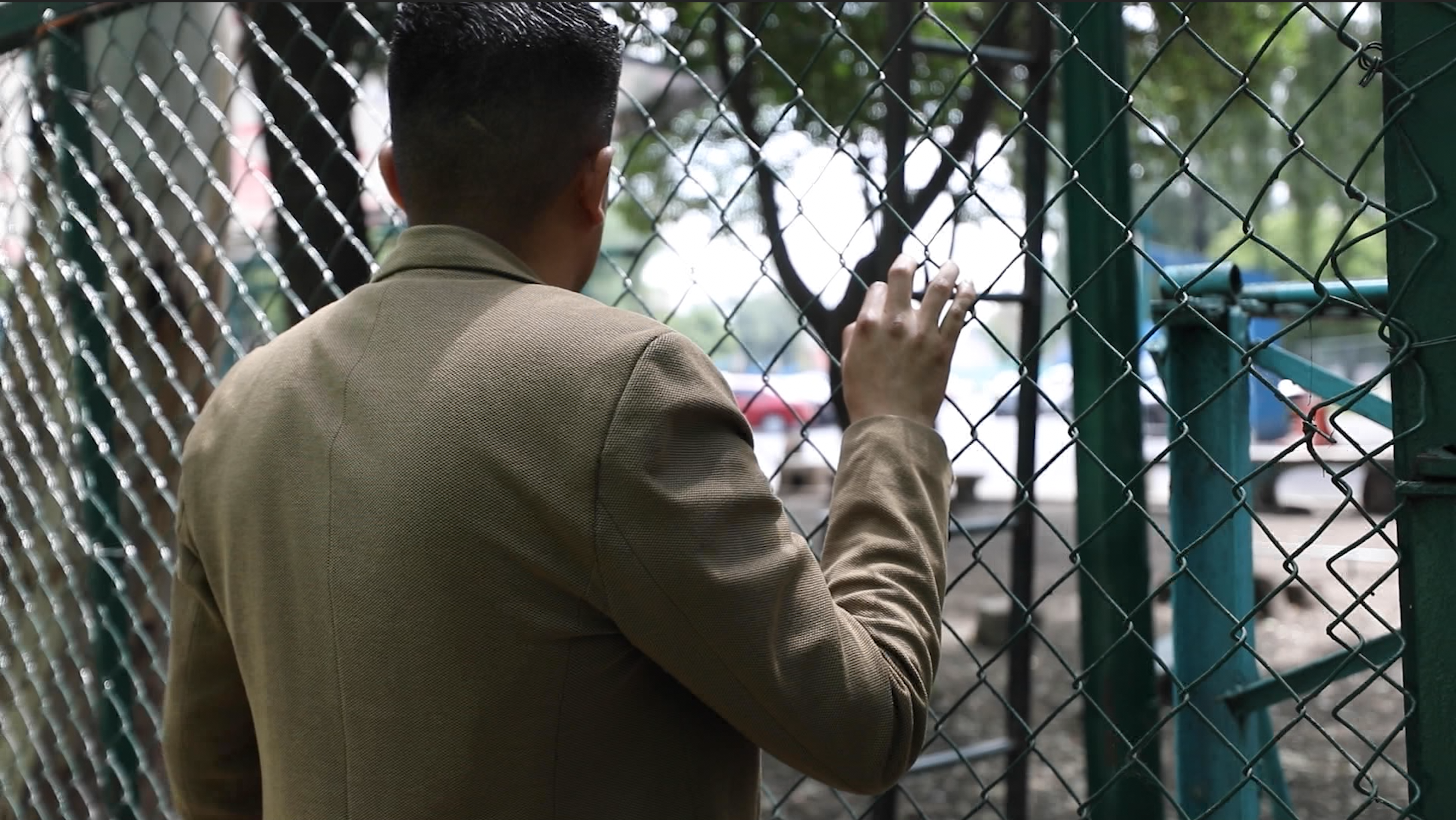

A man was shot in the streets of the Gustavo, in Mexico City, Mexico, on August 17, 2019. Mexican capital has increased the percentage of homicides by firearms in recent years due to drug trafficking. /VCG photo
After more than a decade of Mexico's War on Drugs, which has claimed more than 100,000 lives, President Andres Manuel Lopez Obrador announced a new plan to combat the country's worsening issues with addiction.
It's named "Together for Peace," and according to the policy announcement from Lopez Obrador – better known as AMLO – it's going to focus on "the wellbeing of the soul."
"Our society has a great wealth of cultural, moral and spiritual values, which we know will be able to reduce drug use," said the Mexican president during the recent policy announcement.
"We're going to give our young people options, like work and sport, to keep them away from drugs."
The new policy will see three federal ministries cooperating with social worker volunteers across the country to allow at-risk youth to share their worries and feelings in constructive environments.
Mexico's problems with addiction are getting worse. Recent government statistics show that in the past two decades, the number of 12-17 year-olds who have consumed illegal drugs has more than quadrupled.
The policy is an about-turn for Mexico when it comes to anti-narcotics lawmaking, given that the country has spent many years and billions of dollars on combating drug cartels.
AMLO's political opponents initially ridiculed the policy announcement, yet has received a warmer reaction from the president's voter base. And with the president's approval ratings currently hovering around the 70 percent mark, it seems that for many Mexicans, he can do little wrong.
"AMLO definitely sees himself sort of like the father of the family, like Mexico is one big family, and he is the father," said Esteban Illades, the Editor of Nexos, a Mexican political publication.
"This is public policy just going by gut feeling, so we're uncertain about what is going to happen with this approach."

Raul, a Mexico City native, has suffered from drug addiction. /CGTN photo
For Raul, a Mexico City native and recovering drug addict, it's a positive step.
"The idea of getting young people involved in constructive activities is good, it's a lot like the Alcoholics Anonymous programs which helped me to fight my own addictions," he told CGTN at an annual cross-country meeting of the addiction help group.
"A lot of my own issues had to do with the lack of communication in my own household as a child, so this can be a good thing."
For Dr. Roberto Karam Araujo, the President of Alcoholics Anonymous Mexico, the policy is a welcome change to the way the country has handled addiction.
"Addiction is a multi-faceted issue... but we see it primarily as a sickness of the soul. The act of talking about your problems and sharing them with other people has a big impact when it comes to the illness," he told CGTN.
He says that the importance of helping at-risk young people is critical if Mexico is to crack the worsening rates of addiction.
"According to the World Health Organization, if by the age of 23, a person has not developed an addiction, the probability of attaining an addiction from then on is one in 100. So getting to help these people early is critical."
As AMLO's policy announcement moves towards reality, the effects it will have on society, if any, will be seen in the decades and generations to come.

Copyright © 2018 CGTN. Beijing ICP prepared NO.16065310-3
Copyright © 2018 CGTN. Beijing ICP prepared NO.16065310-3